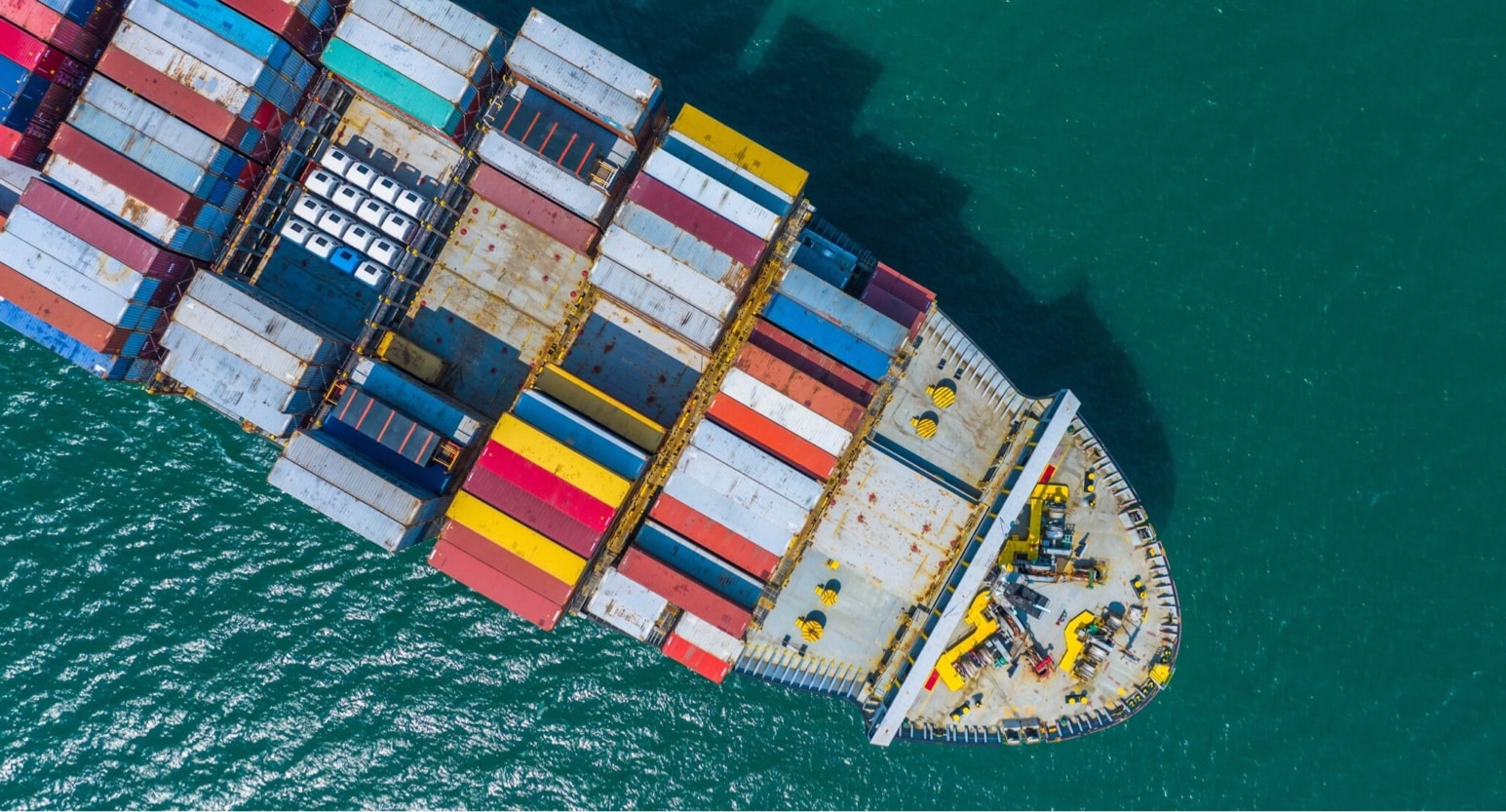The Bahamas (Northern Region)
Turks and Caicos
Amsterdam
Cyprus
Cayman Islands
Jamaica
Barbados
British Virgin Islands

October 13 2022
When can a party to a shipping contract invoke force majeure where the other party’s parent company is subject to sanctions? The award-winning shipping and commercial lawyers at Bahamas firm ParrisWhittaker are experienced in representing clients involved in shipping disputes when an unanticipated event may put the contract in jeopardy.
‘Force majeure’ means an event, act or circumstances beyond the parties’ control or responsibility, with the result that they are no longer bound by their contractual obligations. Its application to any given commercial contract depends on the express terms agreed.
A ruling1 from the High Court in the UK has confirmed that force majeure can be invoked where the parent company of the other contractual party was under US sanctions. The ruling has important persuasive authority on the courts in The Bahamas.
What’s the background?
The claimant shipping company entered into a Contract of Affreightment with the defendant charterers in June 2016. The charterers agreed to ship a specified volume of cargo per month from Guinea to Ukraine; the claimant agreed to carry the cargo. The contract expressly provided for payment in US$. It also included a force majeure clause which specified that to amount to a force majeure event, it “cannot be overcome by reasonable endeavors from the Party affected”.
In April 2018, the US applied sanctions to the charterers’ parent company – prompting the claimant to invoke the force majeure clause. It pointed out that sanctions would prevent contractual payment in US$.
At issue for the High Court was whether or not in exercising reasonable endeavours, the affected party was required to agree either to vary the contractual terms or to non-contractual performance.
The case raised a short question of law: whether reasonable endeavours extended to accepting payment in (non-contractual) € instead of (contractual) US$. So, were the charterers contractually required to pay the claimant in US$ or – as the charterers contended – entitled to pay in €?
What did the court decide?
The court concluded that:
The claimant was not, therefore, required to accept a non-contractual performance – and it had the legal right to invoke the force majeure clause.
What does this mean?
Commercial parties are increasingly relying on force majeure clauses to avoid their contractual obligations. This means it’s more important than ever to ensure the meticulous drafting of force majeure clauses to protect your interests.
Any business entering into a commercial relationship with another party should take specialist expert advice from commercial solicitors who are experienced in negotiating and drafting robust force majeure clauses. Unambiguous wording is necessary to minimise the risk of expensive litigation in future.
For advice and assistance from shipping and commercial contracts and disputes, get in touch with the award winning commercial lawyers at ParrisWhittaker at Parriswhittaker.com or +1.242.352.6112
1MUR Shipping BV v RTI Ltd [2022] EWHC 467
CLOSE X
